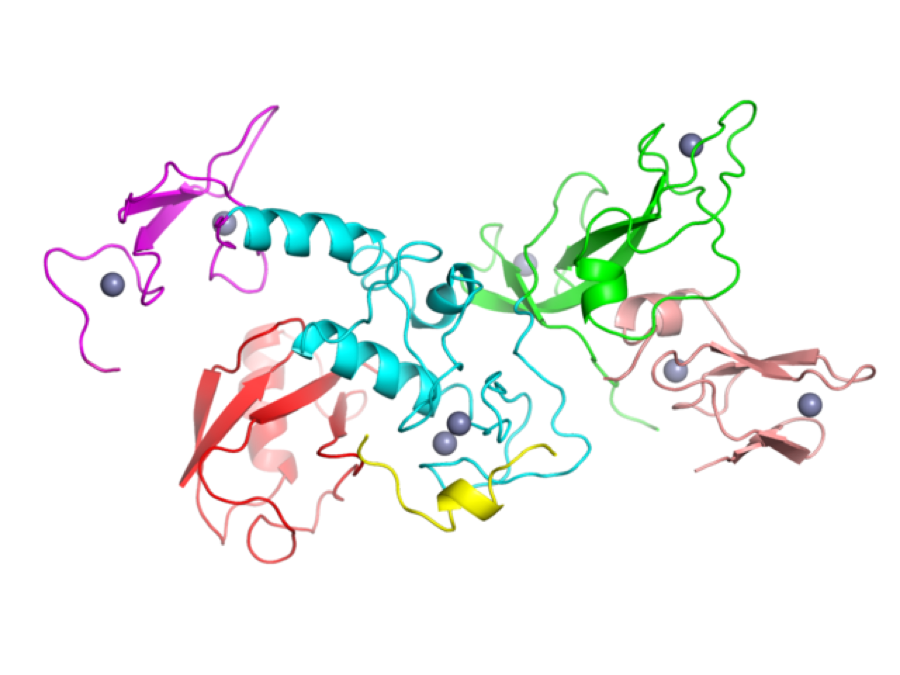
Muhammad Ali’s recent death has people talking about Parkinson’s disease and the procedures used to diagnose the illness. PET, MRI and SPECT scans have proven useful in detecting many diseases, but Parkinson’s has been harder to spot. One of the largest contributors of Parkinson’s disease research, the Michael J. Fox Foundation, has announced that it will award a $2 million prize to researchers that develop a PET tracer that visualizes the Parkinson’s disease protein alpha-synuclein. Both academic or industry teams are eligible to participate, and the competition will run until mid-2018.
Detection of alpha-synuclein is important because it is the protein that causes cell degeneration and death in the brain. As this protein progresses, the symptoms commonly associated with Parkinson’s disease become more obvious in patients. Visualizing alpha- synuclein with a new PET tracer may allow doctors to diagnose Parkinson’s disease early, and monitor changes in the brain. The new scanning technology would also reveal how patients respond to different types of treatment. The extra data may accelerate disease research, and improve the development of new therapies.
This is not the first time the Michael J. Fox Foundation has awarded scientists for Parkinson’s research. Seven years ago, it gave nearly $2 million in grants to teams studying alpha-synuclein. This time around, the foundation hopes to develop a viable tracer that’s backed by preclinical and clinical evidence. The PET tracer must have a nonexclusive license to be eligible for the prize, so doctors around the world can use the technology once it’s developed. Muhammad Ali’s battle with Parkinson’s showed everyone how devastating the illness can be – advancing diagnostic technology is sure to turn the fight around.
